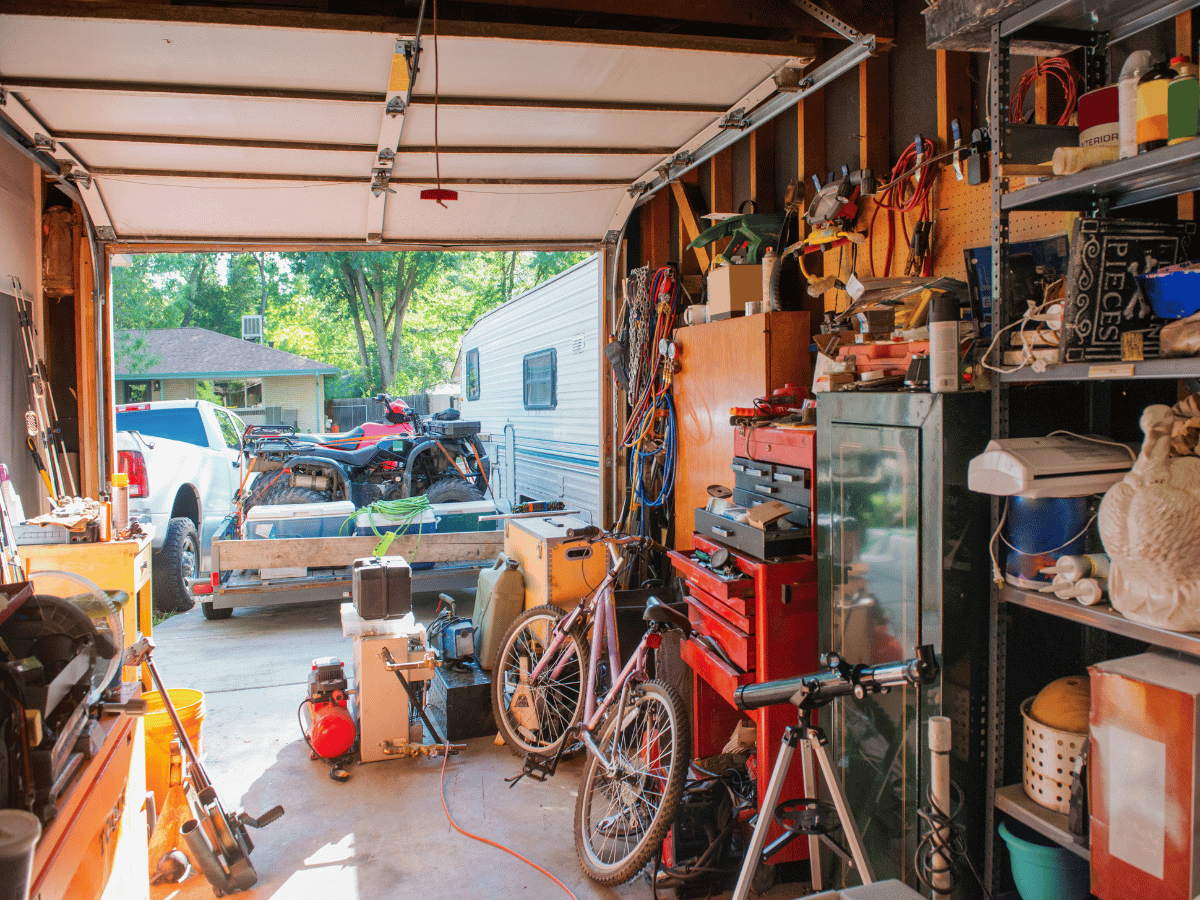
Many of us accumulate a huge number of material possessions throughout the course of our lives. Some of which become meaningful mementos for our loved ones. However, sorting through dozens of items to determine which should be kept, donated, or simply thrown away, is often a difficult process.
Here are some top tips to help you effectively manage the process of filtering through a loved one’s possessions, after they pass away.
When a loved one dies, probate gives an individual or group the legal right to manage their money, property, and possessions (their estate) in their absence. While a will offers insights into how assets should be distributed, there’s still some planning to do to ensure you can navigate the process effectively. Some of the core things to think about when planning include:
Once you’ve considered the factors above in the “planning” stage, the next stage is figuring out how you’re going to “categorise” all of the items you need to manage. This is similar to spring cleaning a home or decluttering. You might have different boxes for possessions you want to:
You could also have other boxes for things that you’re undecided about. If you’re not sure whether you want to keep an item or give it a way, you can place it in this box for a while until you can decide. You could even choose to store these “uncertain” items in a safe location for a while, such as a home storage container.
Once you’ve organised everything, the work isn’t over just yet. You’ll still need to make some crucial decisions. For instance, if you’re throwing certain items away, you might have to do some research into how you can dispose of those things in a safe and eco conscious way.
Some products (like electronics) may need a specialist disposal process. Other items might be able to be recycled, which reduces your carbon footprint. If you’re donating items, you’ll need to think about which causes you’re going to send those products to. This means thinking about the kind of products different groups accept (from clothing to furniture), the conditions those items need to be in, and how to arrange a donation. For instance, can they pick the items up, or will you need to drop them off?
Finally, for the items you want to keep, you’ll need to decide whether you have enough space in your home, or whether you’ll need another way to store them. Some smaller things, like home decorations and jewellery should be easy enough to keep in the house.
However, if you want to hold onto larger family heirlooms, like a beloved rocking chair, a doll’s house, or a series of collectibles, it can be hard to find enough space. Looking for a reliable long-term storage container service will give you more time to sort through everything. Plus, it ensures you can keep all of your loved one’s belongings safe, for as long as you need.
Dealing with the possessions a loved one leaves behind is never easy. It can be an emotional, and often overwhelming process. The steps above should help you to approach this journey in the most structured, and organised way possible. However, it’s important to be kind and patient with yourself.
Remember that sorting through the belongings of someone you cared for will be complicated. So give yourself the time you need to make the right decisions. Contact Blue Box Storage, to arrange for a convenient storage location while you’re navigating this difficult journey.